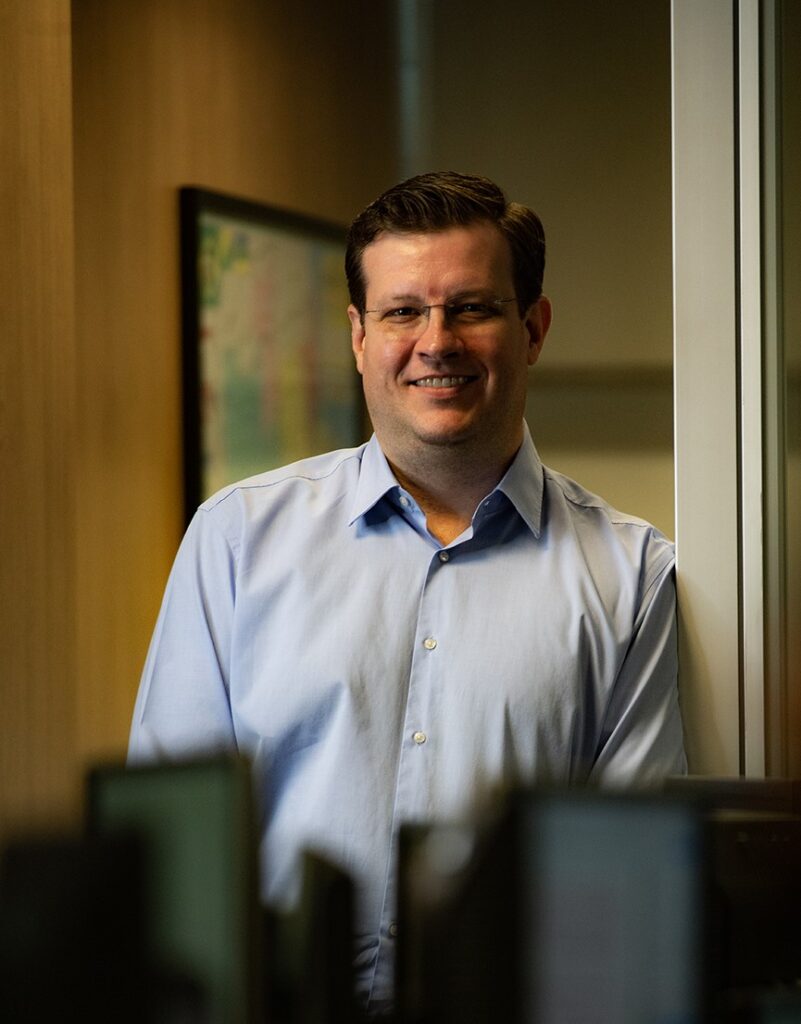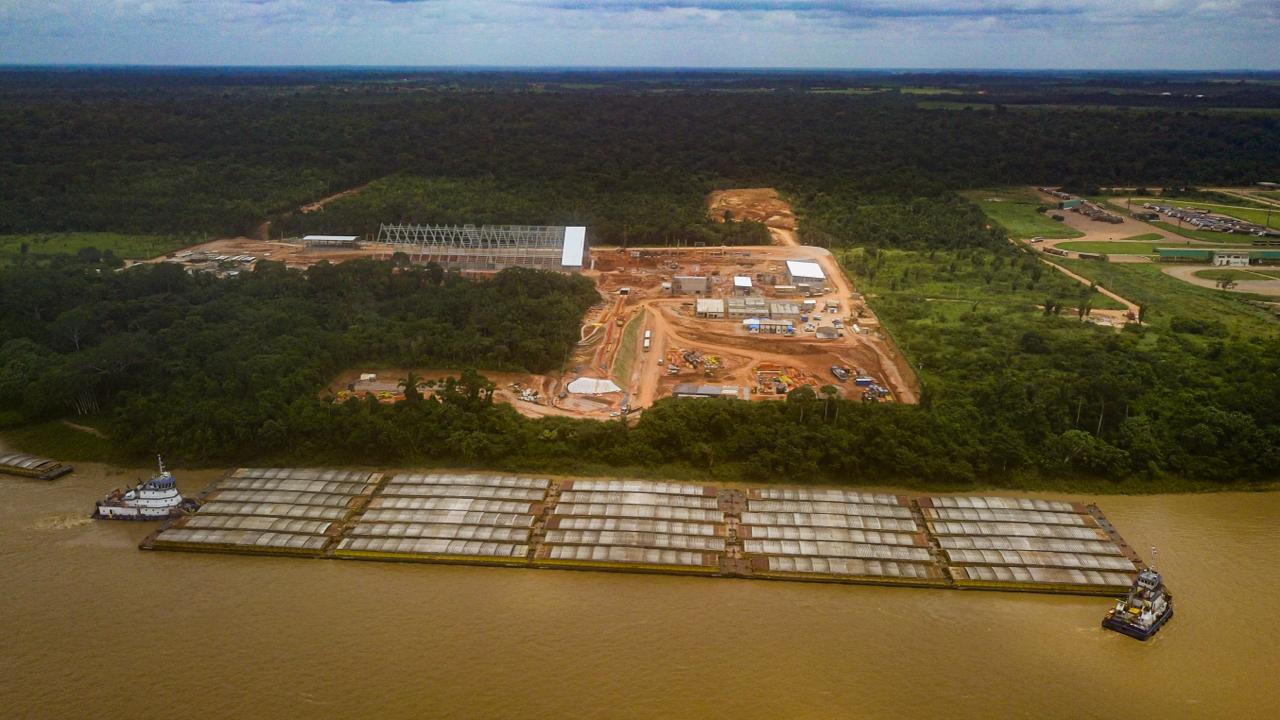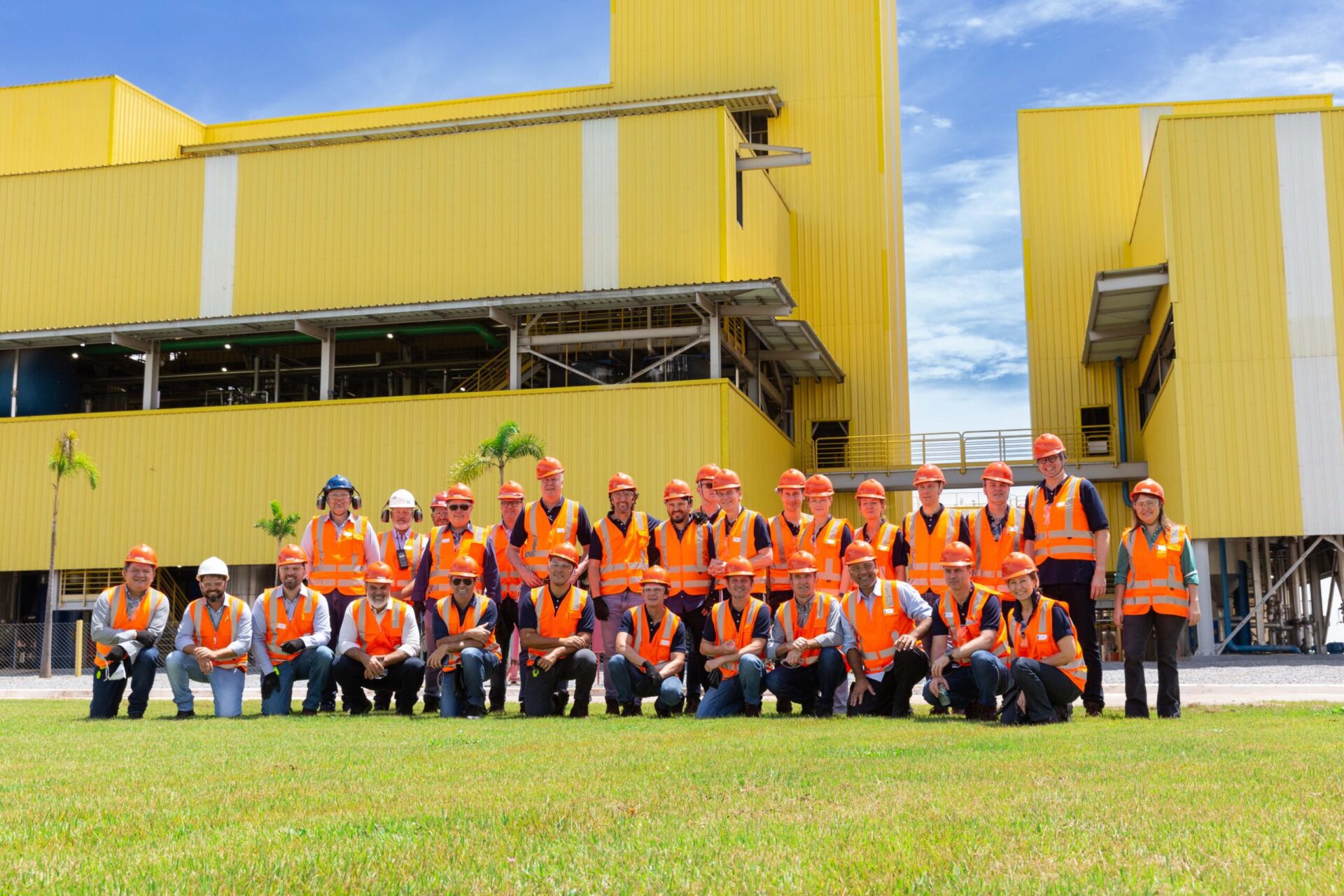12 de July de 2021
Five Questions to Ricardo Tomczyk
In charge of AMAGGI’s Institutional Relations since 2019, we spoke with Ricardo Tomczyk to learn more about his work routine and particularities of his function.

1. How is your work routine as an Institutional Relations executive at AMAGGI? What is your scope of work?
Being well informed is essential to performing this role. Therefore, my routine always demands attention to the company’s internal and external facts, such as political and economic movements.
It is also necessary to keep well-interconnected with the company’s various businesses, as it is with this vision that the institutional relations executive can identify risks and opportunities.
The routine consists of taking part in meetings and events of the various professional associations with which the company is associated with, interacting with the government and other entities of interest, taking our internal demands and internalizing relevant information. With this exchange, it is possible to create agendas that are of interest to the company and its businesses, seeking to solve any problems, as well as to build more adequate and safer environments for business development.
2. With regards to community development where the company operates, which is also one of the pillars of AMAGGI’s Global Sustainability Position, how can your work contribute? Could you cite recent examples?
The work can contribute to a closer relationship with local entities and public bodies, seeking to facilitate the implementation of regional actions that make sense for the Company. An example was the relationship with the Municipality of Itacoatiara, in AMAZONAS, when the Company acquired and donated equipment to ICUs at the local hospital, with a view to treating patients with Covid -19.
3. Part of an Institutional Relations executive’s job is to also keep in touch with government agencies and be up to date on legislation and any updates. How is this in practice?
Exactly! This is a characteristic of the area. Monitoring threats and opportunities comes with monitoring topics of interest, especially when dealing with bills that are being processed at the federal and state levels. Taking part in class entities helps a lot, as there are structures that are dedicated to these functions, but proper monitoring is also necessary, as well as direct action when the subject is relevant.
The relationship with the various government structure bodies is also necessary, from monitoring administrative processes related to the company’s business to the relationship with formulators of public policies that may influence the company’s areas of operation.
4. From the point of view of institutional relations, what are the main causes defended by AMAGGI today with public policy makers, representative entities and with society in general?
We have numerous major challenges, but as a reference I can mention monitoring the construction of the new model for biodiesel commercialization and taxation, which is a new business for the company and should start operating in early 2022; legal certainty with the changes in the Judicial Reorganization Law was also a topic of great dedication recently; We are actively taking part in discussions with the Ministry of Infrastructure on the possibility of waterway concessions, among other relevant issues.
5. How does the current ESG trend influence your work?
This trend is very strong, and the company is highlighted in initiatives of this nature. The influence comes directly from the orientation for actions to ensure the construction of business environments that adhere to good social, governance and sustainability practices. This is the trend that needs to guide the construction of public policies and the companies’ performance, serving as a true guide in institutional performance.






